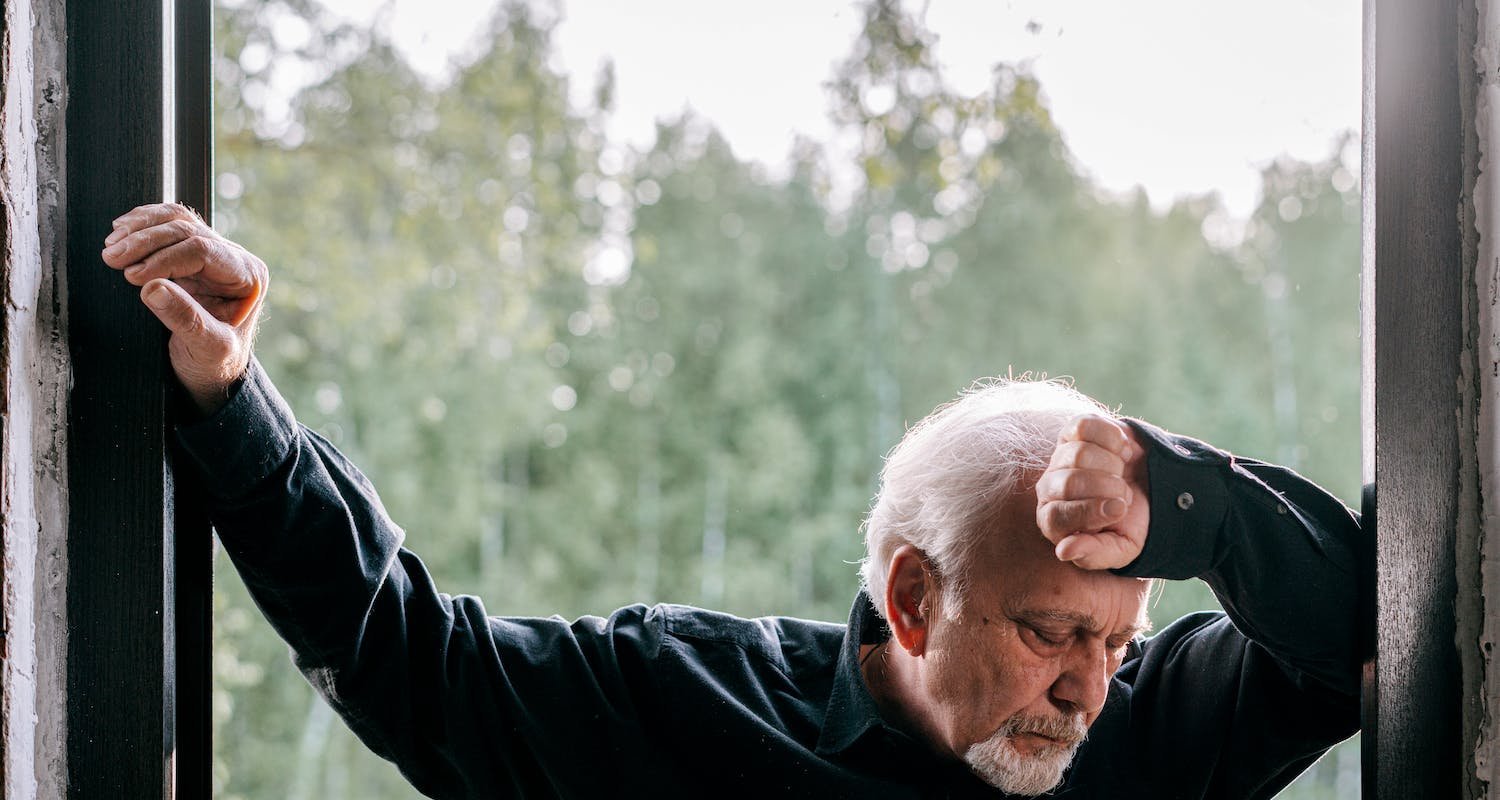Hair loss can be an embarrassing and frustrating problem for both men and women. Frequently it is caused by heredity, but it can also be the result of disease or exposure to chemicals. Research continues to try to find the ideal solution to this problem, but there are a few solutions available now for those who are interested.
For people that are suffering from hair loss and braid their hair frequently, you may want to consider giving your hair a rest. Having hair pulled back tightly, such as in braids or even a ponytail, can cause it to fall out. Try to wear your hair down as much as you can.
Wash with the proper shampoo for your hair type. Determine if you have oily, dry or normal hair, or you may need shampoo that targets dandruff. Wash hair two to three times a week; more if you are in sea water or pools where chlorine is present since chlorine and salt can damage the follicle. Always rinse thoroughly to remove any shampoo residues that can clog follicles.
It is crucial that you have enough monounsaturated fats and polyunsaturated fats in your diet in order to prevent hair loss. Unlike unhealthy fats, these provide your body and scalp with the nutrition you need in order for hair to stay healthy and stay in place. Foods high in these fats include peanut butter, vegetable oil, and avocados.
Try to avoid wearing tight hats if you want to prevent hair loss. A hat is constantly pulling on your hair which can cause roots to grow too close to the surface of the skin on your scalp. In turn, this is what can cause your hair to fall out.
Lack of iron in your system can bring about hair loss. Iron is an essential nutrient for your hair and increasing your intake can slow the loss of hair. Green vegetables carry lots of iron and, though it may be hard for some to do, taking a couple of teaspoons full of black strap molasses can increase your iron intake. If the taste is not for you consider mixing it in your coffee.
If you suffer from hair loss, you may want to consider taking anti-androgen medication. This helps block out the hormones that tend to cause hair loss. Just be sure that you consult with your doctor before using anti-androgens. Your doctor may want to run blood work to make sure they are safe for you to take.
For women who are worried about hair loss, avoid pulling your hair back tightly. The hair on the top and front of our heads is very sensitive and tend to be what are pulled the most tightly. This gradually brings the end of the hair follicle closer to the scalp, which makes it fall out easier.
Find a medicated shampoo or hair treatment that works for you. There are several top products on the market. That doesn’t mean, however, that these products are going to work for you. It may take a specialist consultation or a bit of research or experimentation, but you should find something that gives you results more so than everyone else. Everyone is different.
Many factors may result in hair loss, including certain illnesses and poor nutrition. If you have started losing hair and suspect it’s not due to genetics, it may signify a thyroid or hormonal problem. Prolonged fevers are another culprit. Anemia and other vitamin deficiencies can cause both men and women to lose hair, as can low-calorie or low-protein diets. If you’re not sure why you’re losing your hair, it’s a good idea to see if your doctor can diagnose an underlying cause.
Laser treatments can be beneficial if you are suffering from hair loss. Laser therapy can help stimulate hair-growth by increasing blood flow to the hair follicles. Laser treatments are available at many dermatology clinics and are far more economical than transplant surgery. Laser brushes and combs are available for home-use as well.
Analyze any changes in your life to see if you can discover the reason for your hair loss. If you’ve had significant events in your life or have changed medicines in the last quarter, that can cause hair to fall out. If you can think of a specific reason for your hair loss, you might be able to take steps to fix the problem.
Be sure you are getting enough protein in your diet. If your follicles aren’t getting enough protein, they move into a resting phase in which no new hair growth takes place. If new hair isn’t growing in, the old hair will fall out. Eating a balanced diet with enough protein can prevent this cycle.
Many people overlook the role of stress management in hair loss prevention. Stress is one of the most common causes of hair loss. Since hair is a non-essential function of the body, it is one of the first areas affected by stress. Keeping your stress level under control is of utmost importance in maintaining your hair.
To prevent hair damage and thus lower the potential for hair loss, get more vitamin B. Vitamin B and B complex vitamins in general strengthen hair follicles, which reduces the risk of hair damage, thinning and loss. Vitamin B may also help boost hair growth, too. It is found in a variety of foods, including spinach, red bell peppers and garlic.
When you style your hair, don’t pull it back tightly or brush it excessively. Gently coax it into place and leave it a little loose to avoid breakage and hair loss. Be sure to use gentle hair styling devices that are free of sharp edges, and never use plain rubber bands to hold your hair in place.
When hair loss strikes, people are often desperate for a solution. At this time, there is no perfect solution, but there are medications, topical solutions, hair transplants and wigs that can help. Some people feel that vitamins may help, as well. Consider the various solutions presented, and decide which option is best for your situation.

